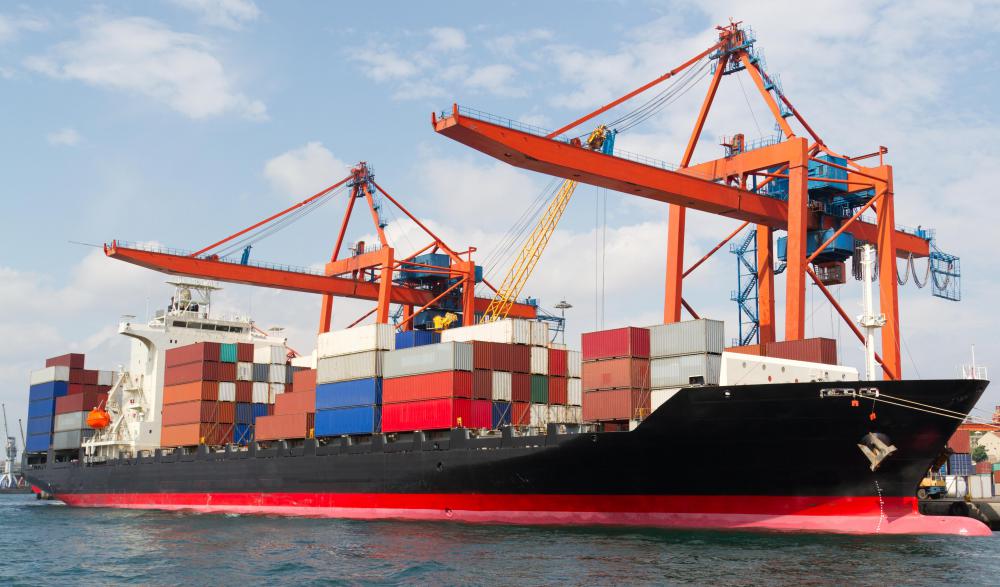At WiseGEEK, we're committed to delivering accurate, trustworthy information. Our expert-authored content is rigorously fact-checked and sourced from credible authorities. Discover how we uphold the highest standards in providing you with reliable knowledge.
What is a Textile Importer?
A textile importer is a person or company that imports all kinds of textiles from around the world. Textile is any type of fabric or loose material which can be used to make fabric. Silk from India, knits from China, or cotton from Africa may be common textile imports.
The textile importer may choose to work with all types of exporters and fabrics, or they may decide to specialize in certain fabric types from certain areas of the world. Specialized importers may have slightly higher prices, as they usually have higher expertise in the fabrics they deal with and can ensure high quality. Specialty importers, such as those who only deal in exotic fabrics, will also generally only deal with companies that create high-quality garments, home décor, or other products from the fabrics. Those textile importers who choose to deal in a wide range of fabrics generally are able to provide cheaper prices for them, which usually means a cheaper price for the final product.

Generally speaking, a textile importer will deal with textile suppliers, exporters, and companies wishing to purchase supplies. On rare occasions, an importer may deal with an individual, such as a fashion designer or owner of a small reselling company, and in some areas, importers may offer goods directly to the public to provide them with the cheapest price on materials. This typically occurs when the importer has too much of certain fabrics and needs to make room in the storage facilities.

Skills commonly needed to become a textile importer involve math, business, and management, among others. It helps to have a bachelor’s degree in business and a firm grasp of laws pertaining to the operations area and international importing. Some importers without the necessary education worked their way into the position through years of experience or were able to open their own importing companies. It is also typically helpful to have quite a bit of expertise about the different textiles the importer will be working with.

Having good connections with exporters and others in the industry can be important to a textile importer's business. Once an order is received, the textile importer needs to be able to contact exporters to have it sent. There may then be a third-party vendor which she needs to be in contact with to oversee the inspection, packing, and shipping of the order in time to meet the order deadline. Being able to do this quickly and with high-quality standards may ensure repeat business and the prospect of growth for the company.
AS FEATURED ON:
AS FEATURED ON:














Discuss this Article
Post your comments